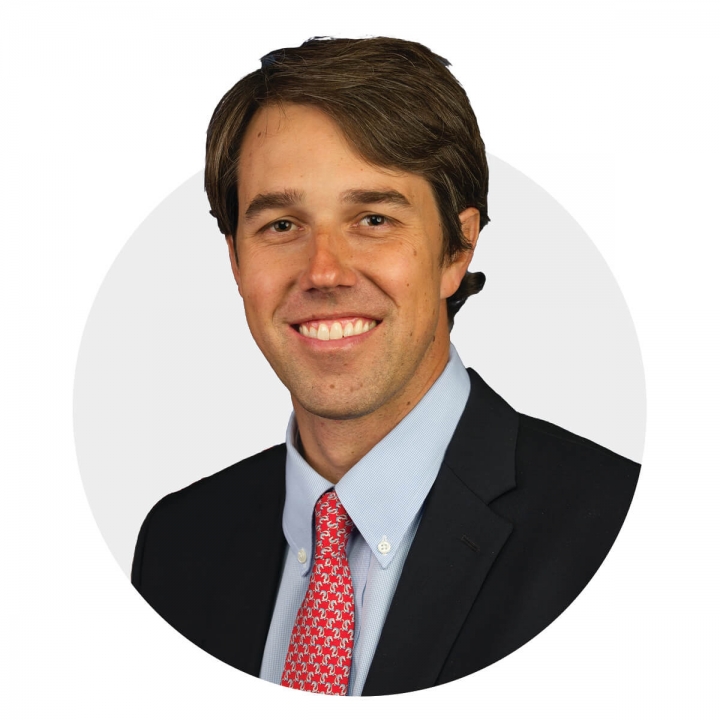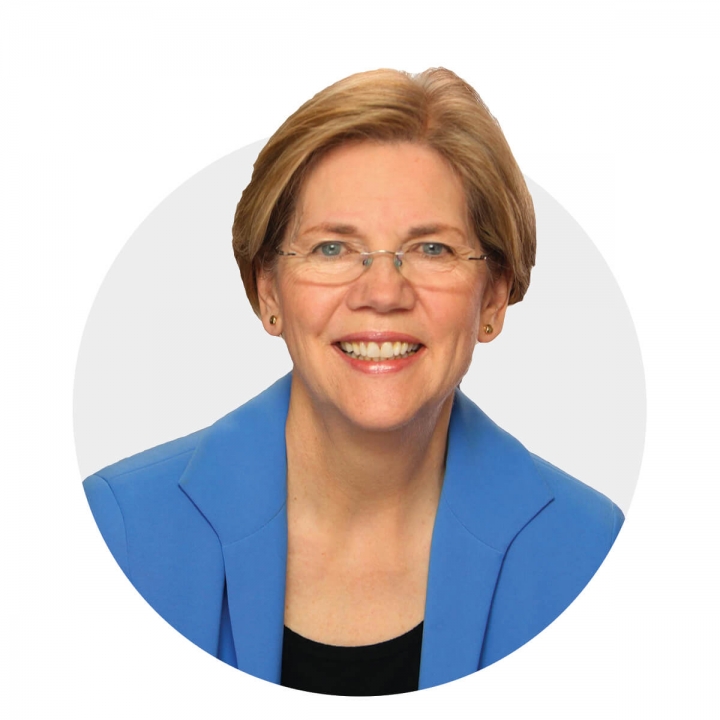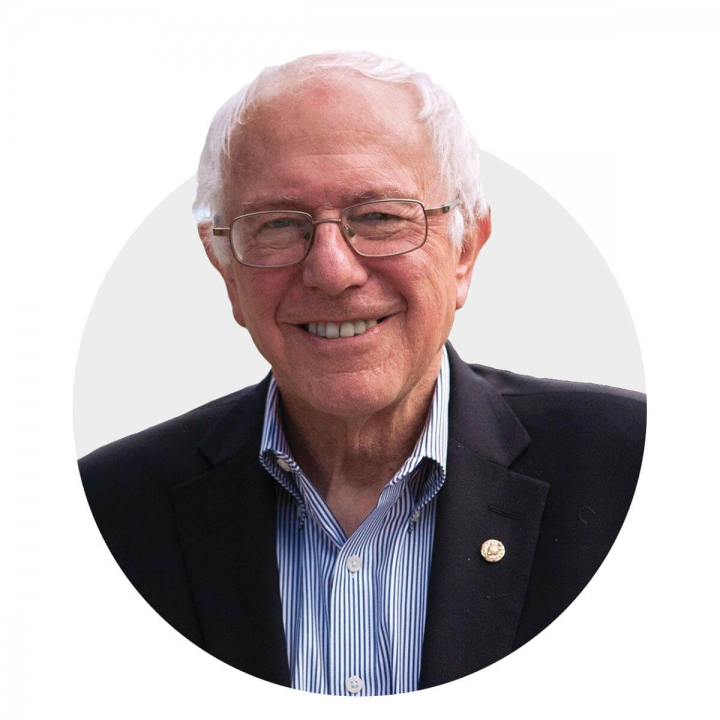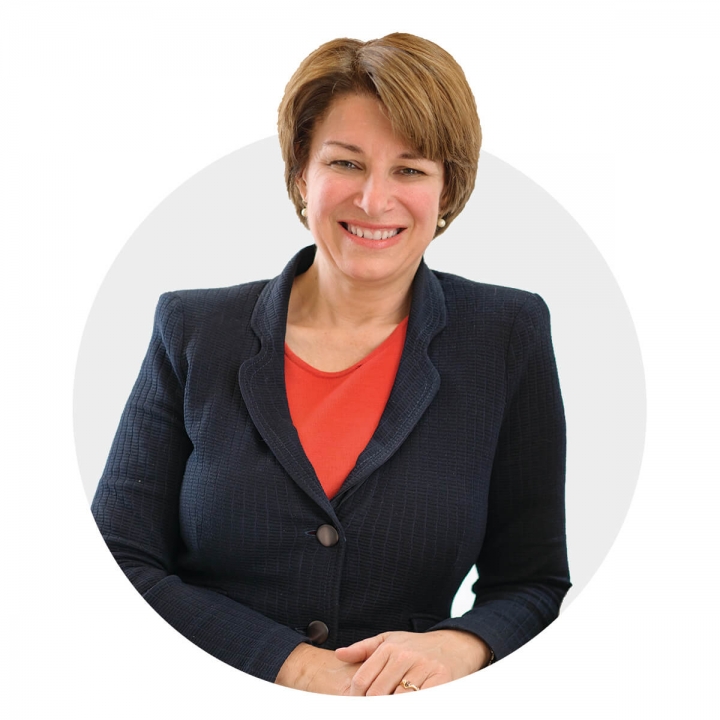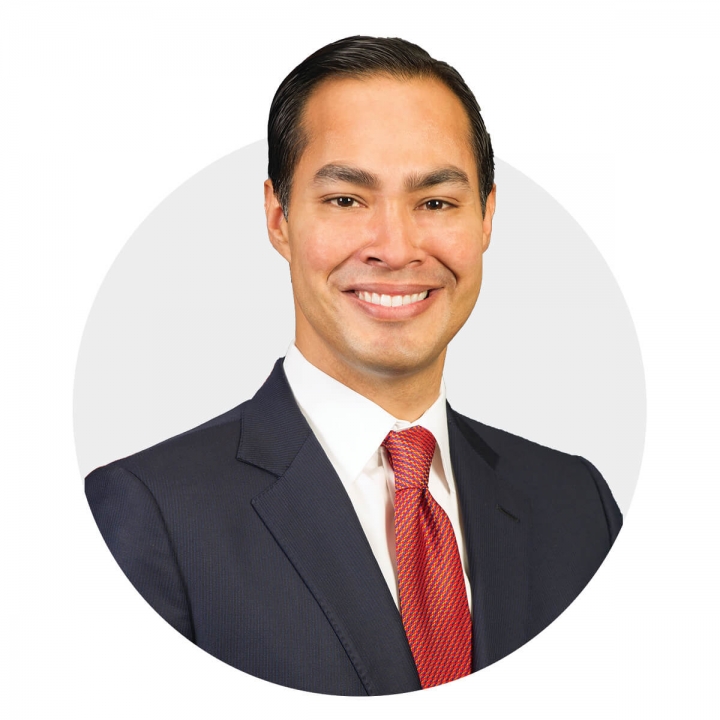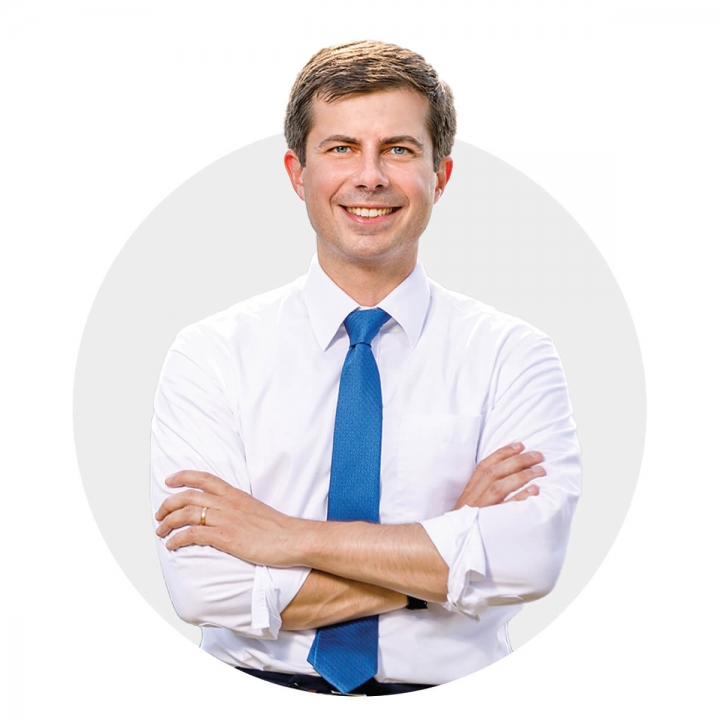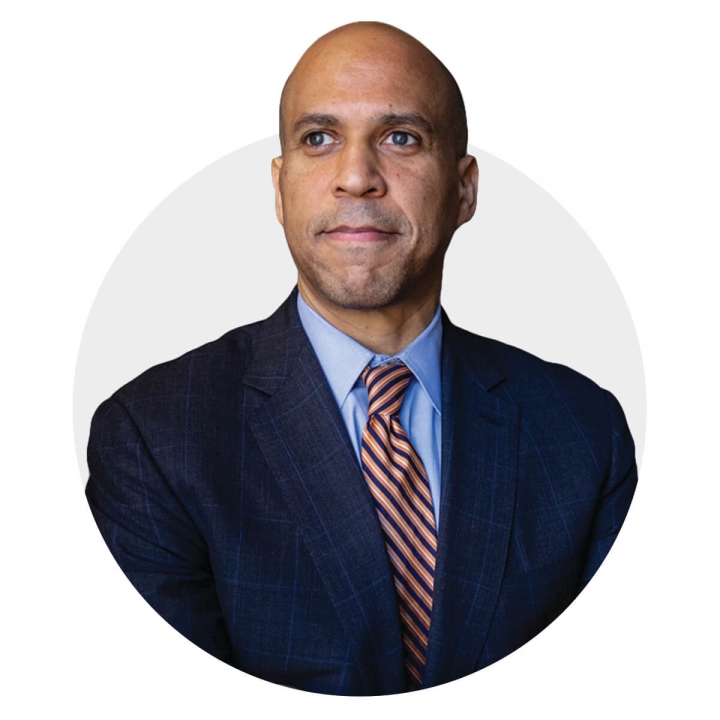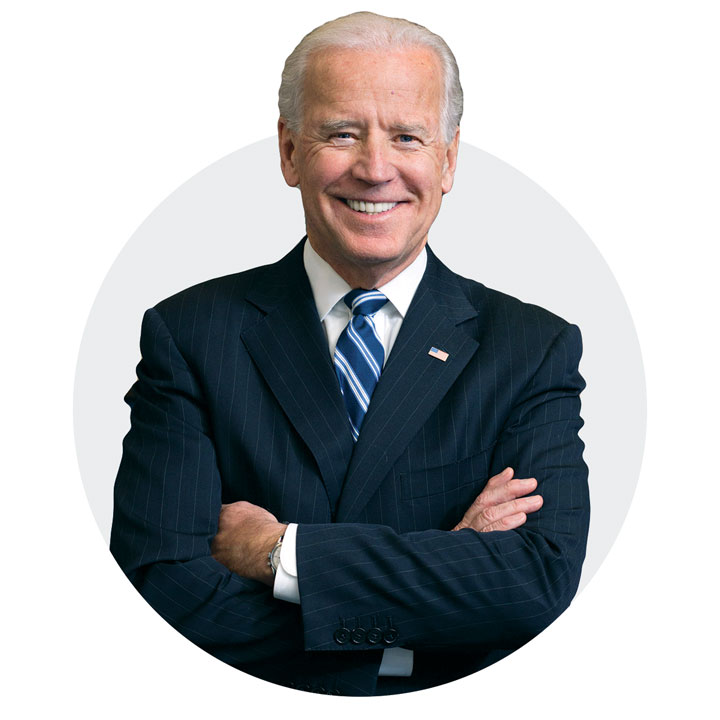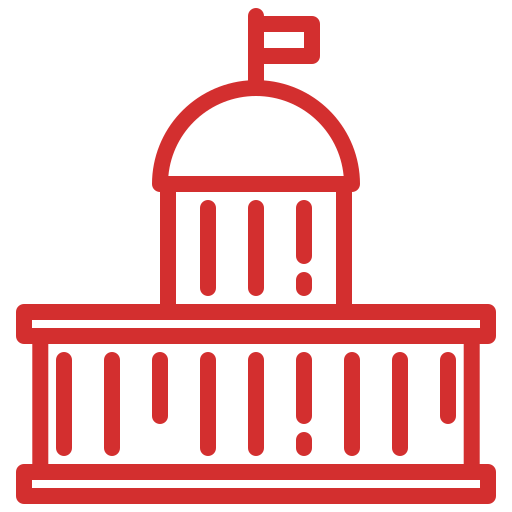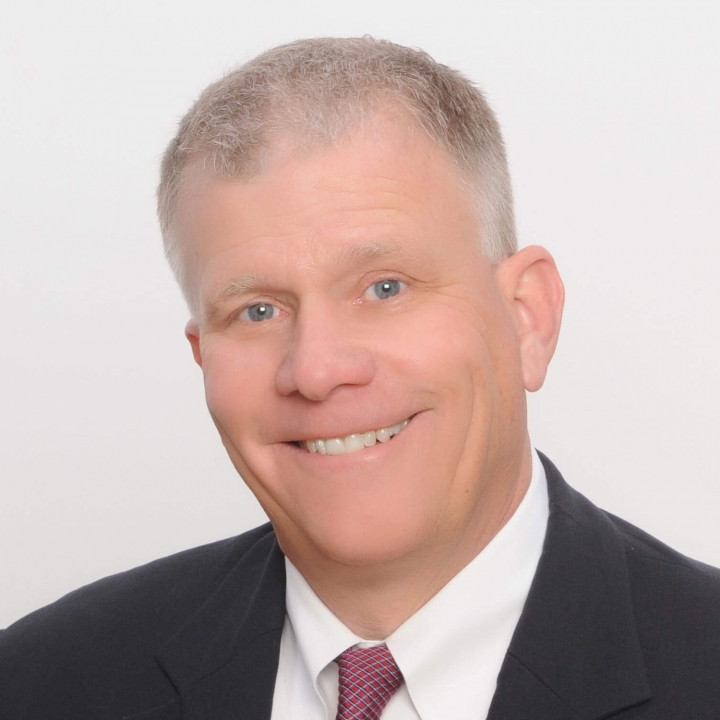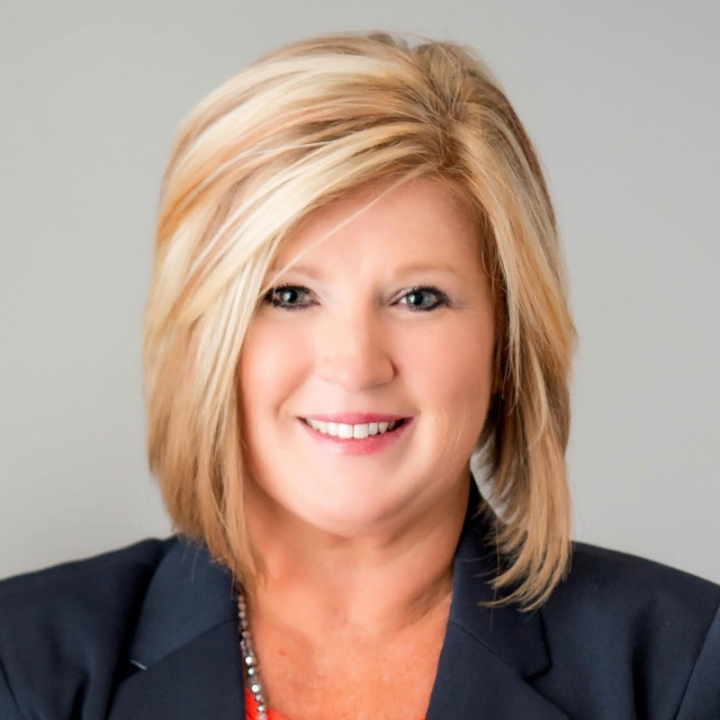Syringe Access
Syringe exchange programs are critical to ending the spread of HIV, and to eliminating hepatitis C. The simple distribution of sterile hypodermic needles and syringes has been found to dramatically reduce the rates of bacterial infections of the skin and soft tissues, along with viral infections. The legalization of syringe exchange programs has been determined at the state level, but currently a federal ban prohibits the use of federal dollars for the purchase of needles and syringes – the necessary tool to HIV and HCV prevention. Be it ideological or financial, support for syringe exchange programs is critically important, and their impact extends far beyond HIV/HCV prevention. Syringe services programs are an opportunity to develop an infrastructure of support services for people who use and inject drugs. Robust funding of syringe service programs that can adequately support a given geographic area are a critical way to reach and engage a community of people that is often believed to be “hard to reach.”
With services that include syringe exchange, HIV and HCV testing, naloxone distribution and overdose prevention, linkage to drug treatment, and case management services for HCV, syringe exchange programs offer a robust set of health and social services that can significantly improve the health and wellbeing of people who use drugs – particularly when well-funded.
Without harm reduction services offered by syringe exchange, there is no need for treatment or recovery services.
READ MORE
Tulsi Gabbard on Syringe Access
Gabbard has expressed support for needle exchange programs as a “good idea.”
When asked by a listener in a radio interview with New Hampshire Public Radio how Gabbard felt about needle exchange programs and safe consumption spaces, Gabbard answered, “I think that these programs, and I’ve heard a lot about kind of the Hub and Spoke program here in New Hampshire that are being implemented at the local level, do so much towards helping people find that safe space to begin that tough path towards recovery, towards ending that addiction. I want to bring up one thing that I think the state legislature here [New Hampshire] has passed, I think through the House [of Representatives], and that that is marijuana. I’ve introduced legislation at the federal level to end the federal marijuana prohibition for a whole host of reasons, but one of which is how we’ve seen a direct correlation in states that have either passed medical marijuana or completely decriminalized marijuana. We’ve seen that correlation in a drop in opioid addiction and also a correlating drop in opioid related deaths. So I think there’s a number of different avenues that we need to pursue to address this opioid crisis. Not a single one of them alone will be effective in doing so, but we have to treat it like the crisis that it is both in accountability and prosecution for those responsible for proliferating these drugs, and recovery and treatment and help for those who are suffering at the brunt of this crisis.” NHPR host Peter Biello followed up by asking for a clear yes or no on whether needle exchanges are a “good idea.” Gabbard responded, “Yes.”
Read More
2020 Candidate Conversation: U.S. Rep. Tulsi Gabbard
March 21, 2019 | New Hampshire Public Radio
Beto O’Rourke on Syringe Access
O'Rourke supports removing the federal funding ban that prohibits the use of federal dollars to purchase hypodermic needles or syringes for distribution in a syringe service program.
O'Rourke visited a harm reduction program in Iowa, and while learning about safe injection practices, remarked that syringe access programs not only are compassionate and humane, but offer a tremendous opportunity for saving health care dollars, due to the prevention of infectious disease.
O'Rourke's plan to address the opioid epidemic includes the allocation of $100 billion dollars, with harm reduction programs specifically named as a key beneficiary of this funding.
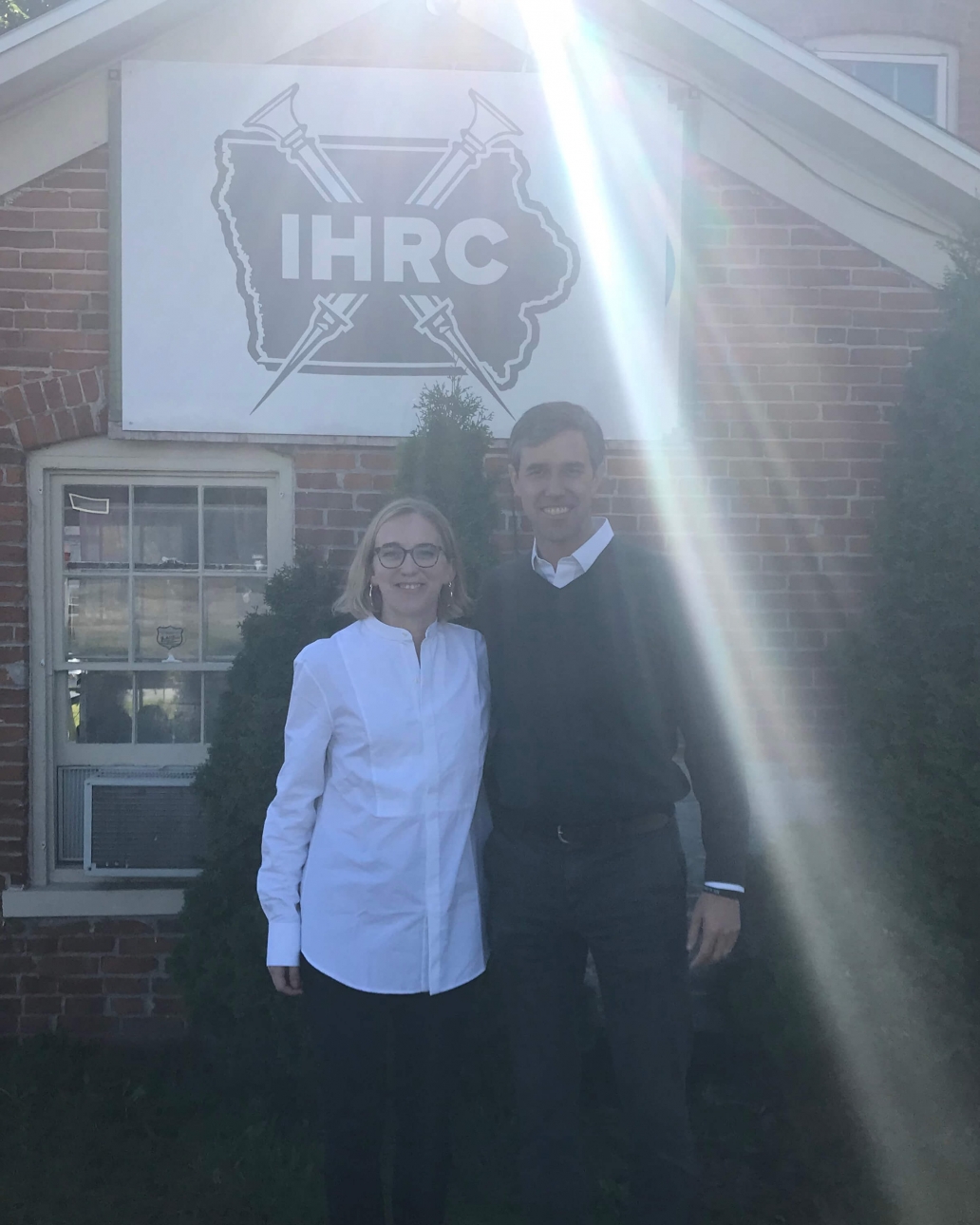
In order to “Ensure Access to Health Care and Interventions that Promote Long-Term Recovery, …” Beto supports, “Creating needle exchanges and supervised consumption sites where people can consume drugs they have obtained elsewhere in a controlled setting, under the supervision of trained staff, and with access to sterile injecting equipment.”
Beto’s Plan to Address Substance Use Disorders and the Opioid Epidemic
Medium, October 24, 2019 | Beto O’Rourke
Beto will also, “Implement innovative models for health care and interventions related to substance use disorder such as that used in Portugal, particularly mobile vans that travel to areas of high consumption to distribute medicines or needle exchanges, where individuals caught with drugs are sent to treatment instead of jail.”
Beto’s Plan to Address Substance Use Disorders and the Opioid Epidemic
Medium, October 24, 2019 | Beto O’Rourke
Read More
Watch: Beto talks syringe exchange at the Iowa Harm Reduction Coalition
October 24, 2019
Beto’s Plan to Address Substance Use Disorders and the Opioid Epidemic
Medium | October 24, 2019 | Beto O’Rourke
Andrew Yang On Syringe Access
Yang has not issued specific statements to this issue
Elizabeth Warren on Syringe Access
Warren supports syringe access and needle exchange programs.
“I’ll support evidence-based safe injection sites and needle exchanges, and expand the availability of buprenorphine to prevent overdoses.”
Ending private prisons and exploitation for profit
Medium, June 21, 2019 | Elizabeth Warren
Read More
Rethinking public safety to reduce mass incarceration and strengthen communities
Medium, August 20, 2019 | Elizabeth Warren
Bernie Sanders on Syringe Access
Sanders supports syringe exchange programs, and would legalize them across the country.
“The disastrous policies that make up the War on Drugs have not reduced drug use and violent crime. We must use effective therapeutic, not punitive, solutions to address drug addiction.”
Amy Klobuchar on Syringe Access
Klobuchar has not issued specific statements to this issue.
Julián Castro on Syringe Access
In a roundtable conversation with IHRC, Castro expressed support for syringe service programs and for lifting the federal funding ban for the purchase of syringes.
“Yes, I believe that we should invest in needle exchange programs that have shown themselves to be effective. Again, I think that that needs to be part of an overall strategy to help people get onto the path and life that they want. I don’t think any one piece is the answer just in and of itself, that it needs to be part of the strategy to get people the help that they need. Along with that strategy and those resource investments, then yes, I absolutely would [support lifting the federal funding ban on syringes], because I think we have enough evidence out there that needle exchange programs have worked. And I look at this through the perspective of how can we make sure that somebody is able to get the immediate help that they need to avoid worse outcomes? HIV or something else on top of right what they’re already dealing with and we have evidence that these work. So yes, I would [support lifting the federal funding ban on syringes].”
Julian Castro – IHRC 2020 Democratic Presidential Candidate Forum on the Overdose Crisis – Event 2
November 23, 2019
Read More
Julian Castro – IHRC 2020 Democratic Presidential Candidate Forum on the Overdose Crisis – Event 2
November 23, 2019
Julian Castro Open To Decriminalizing Drugs And Endorses Safe Consumption Sites
Kyle Jaeger, November 29, 2019 | Marijuana Moment
IHRC discusses drug policy with presidential candidates
Brian Tabick, November 23, 2019 | KCRG
Pete Buttigieg on Syringe Access
Buttegieg states, in response to a policy questionnaire sent to his campaign by AIDS United, that he would remove legislative and regulatory restrictions on the use of federal funds for syringe service programs.
“Among the key steps to addressing this joint epidemic are: community based substance use prevention programs that address the social and community determinants of SUD, appropriate monitoring of prescribing practices of clinicians, employing a full range of harm reduction services, including removing restrictions on the use of federal funds for syringe services programs, broad availability of naloxone for overdose reversal — including distribution to users through syringe services programs and community availability on the same level as Automated External Defibrillators (AEDs), access to comprehensive health care services from SUD disorder treatment that includes MAT and treatment for hepatitis C by assuring broader adoption of Medicaid expansion and through existing networks of safety-net providers, and a recognition that we also need to more broadly invest in social support services that should surround MAT, akin to the services available for people living with HIV under the Ryan White program.”
“To expand harm reduction services we will remove legislative and regulatory restrictions on the use of federal funds for syringe service programs. Under current law, local authorities have to jump through too many hoops to use federal dollars for operation of SSPs and may not use these funds for the purchase of syringes. These restrictions hamper state and local responses, both because they limit resources and because they convey a negative message about the value of these programs, despite overwhelming scientific evidence that they can prevent transmission of HIV and hepatitis. The Centers for Disease Control and Prevention (CDC) would also work with states to remove any criminal liability for those participating in SSPs.”
Read More
2020 Presidential Candidate Questionnaire
AIDS United
Pete Buttigieg
The Full Plan – Healing and Belonging in America: A Plan to Improve Mental Health Care and Combat Addiction
August 23, 2019
Four Things an HIV Policy Survey Reveals About 2020 Candidates’ Harm Reduction Positions
Filter Magazine, September 10, 2019
Cory Booker on Syringe Access
Booker supports needle exchange program legalization.
“As Mayor of Newark, I fought for and helped open the city’s first needle-exchange center and saw firsthand how effective they could be.”
Cory Booker Explains His HIV Policy Ideas
HIV+Magazine, September 9, 2019 | Jacob Anderson-Minshall
Read More
Cory Booker is running for president in 2020. Here’s everything we know about the candidate and how he stacks up against the competition.
Business Insider, September 13, 2019 | John Haltiwanger and Joseph Zeballos-Roig
Joe Biden on Syringe Access
Biden has not issued specific statements to this issue


